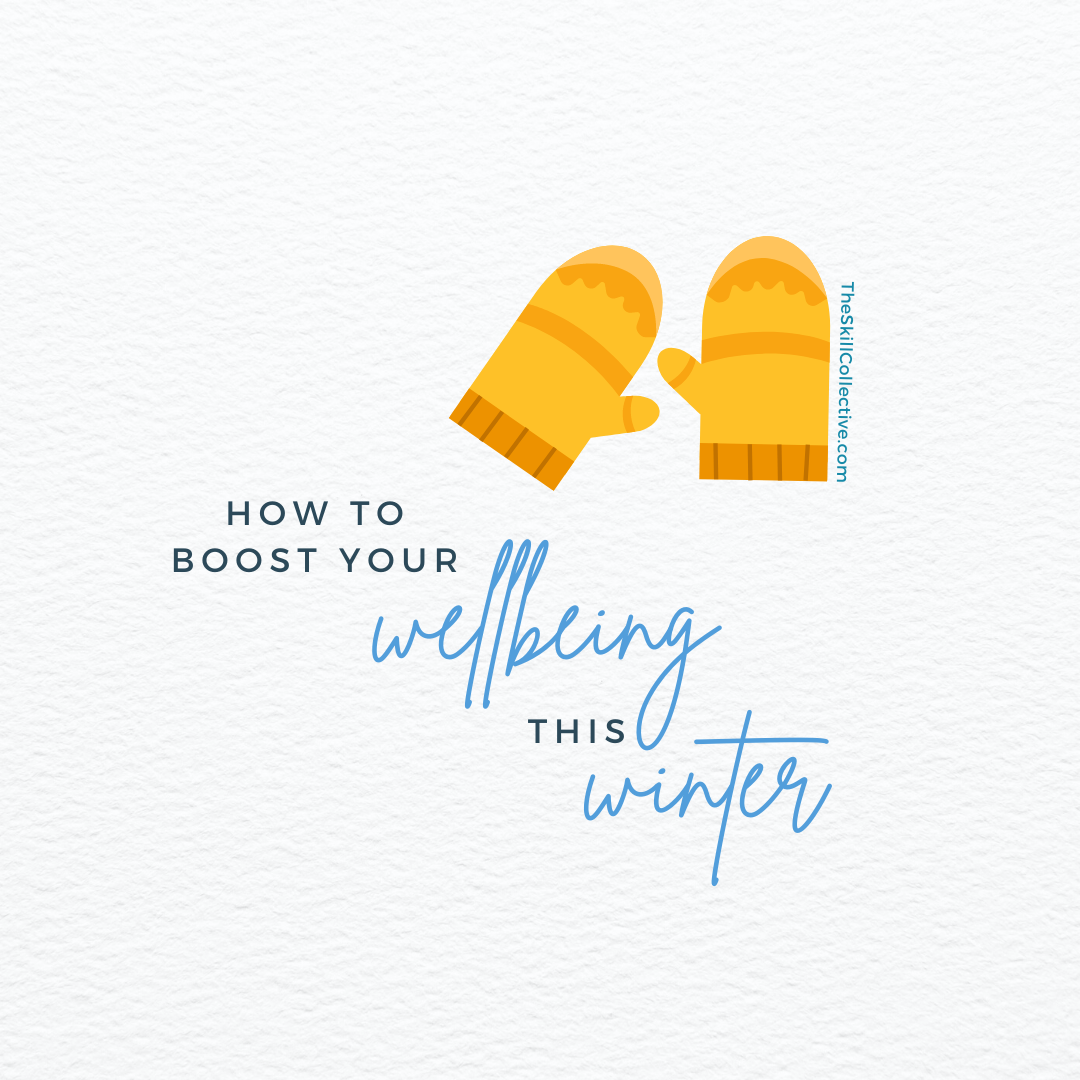How to boost your winter wellbeing
How can you counter the winter blues? Check out our tips on how to boost your wellbeing during the colder months.
SLEEP + PSYCHOLOGY: HOW SLEEP AFFECTS THE MIND + HOW THE MIND AFFECTS SLEEP
Sleep affects the mind, and in turn the mind affects sleep. So how can you get a better night of sleep?
Rethink your Drink - Alcohol use, misuse, and tips for cutting down
With some sobering statistics on problematic alcohol use, here are our top tips to help you cut down.



